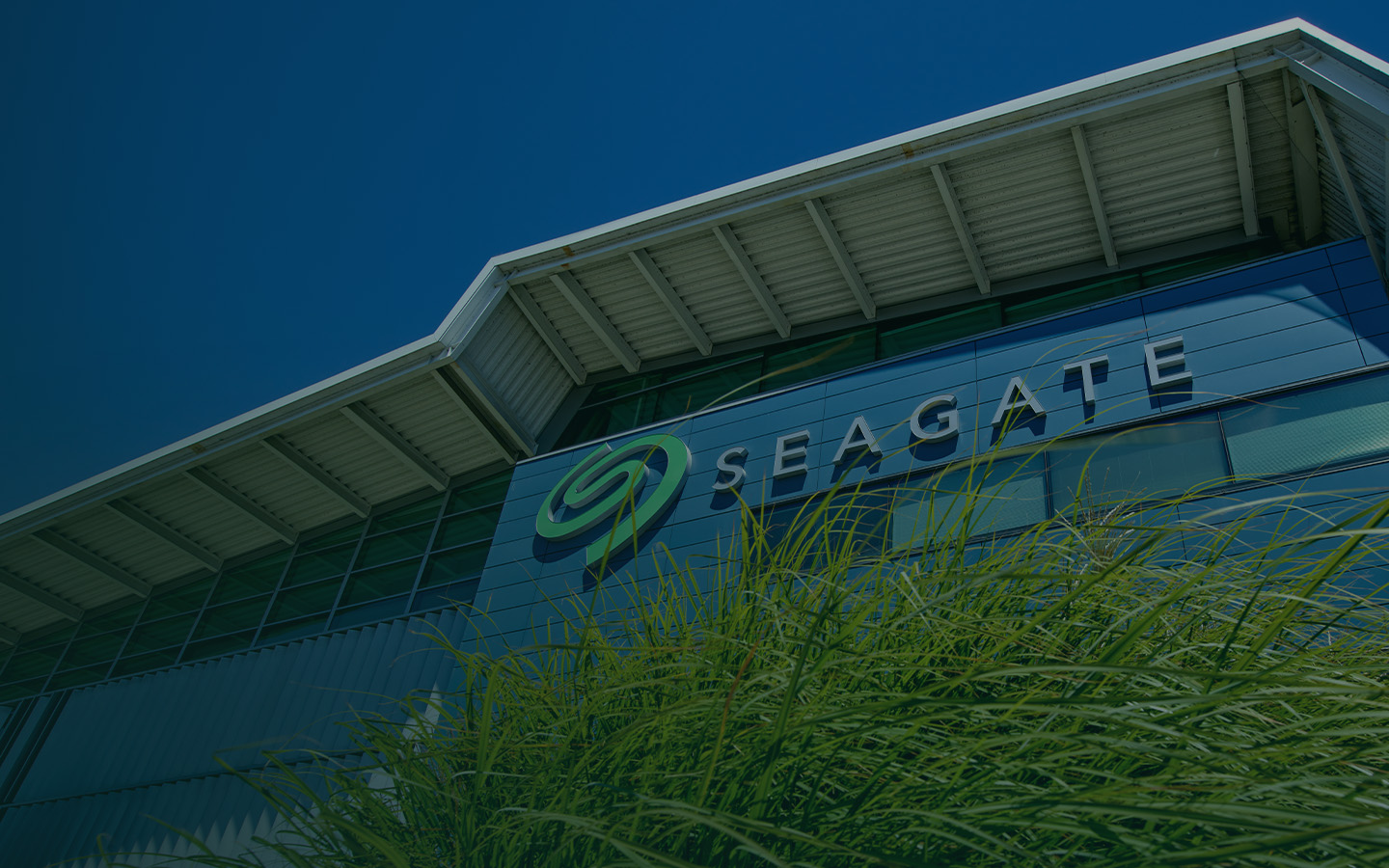So, I have been using two WD Blue drives of 4 TB each for years without any problem. Recently, though, I replaced one of the 4 TB WD drives with a Seagate Barracuda 8 TB (ST8000DM004) drive, because I needed more space. However, after only a few month, my new Seagate 8 TB is starting to show "pending sectors" as well as "uncorrectable sectors" errors via SMART. At the same time, my old WD Blue drive continous to work fine. So, even though I didn't notice any corrupted files yet, I fear the 8 TB drive might fail soon. My plan is to send the defective Seagate drive in and get a replacement. But, before I can do this, I will need to buy another 8 TB drive to save my data. I currently don't have a another drive large enough to copy all my data to.
I prefer not to buy another Seagate Barracuda 8 TB. So what would be a recommendation of 8 TB hard drive for Desktop machine?
WD Blue isn't available as 8 TB version, as far as I can tell. WD Red is intended for NAS and thus probably optimized for RAID, which I won't use. Probably not the best choice for Desktop machine. So, this means that WD Gold (expensive) and WD Black (even more expensive) are left. Is WD Gold good for Desktop machines?
What about Toshiba?
Thanks!
I prefer not to buy another Seagate Barracuda 8 TB. So what would be a recommendation of 8 TB hard drive for Desktop machine?
WD Blue isn't available as 8 TB version, as far as I can tell. WD Red is intended for NAS and thus probably optimized for RAID, which I won't use. Probably not the best choice for Desktop machine. So, this means that WD Gold (expensive) and WD Black (even more expensive) are left. Is WD Gold good for Desktop machines?
What about Toshiba?
Thanks!



